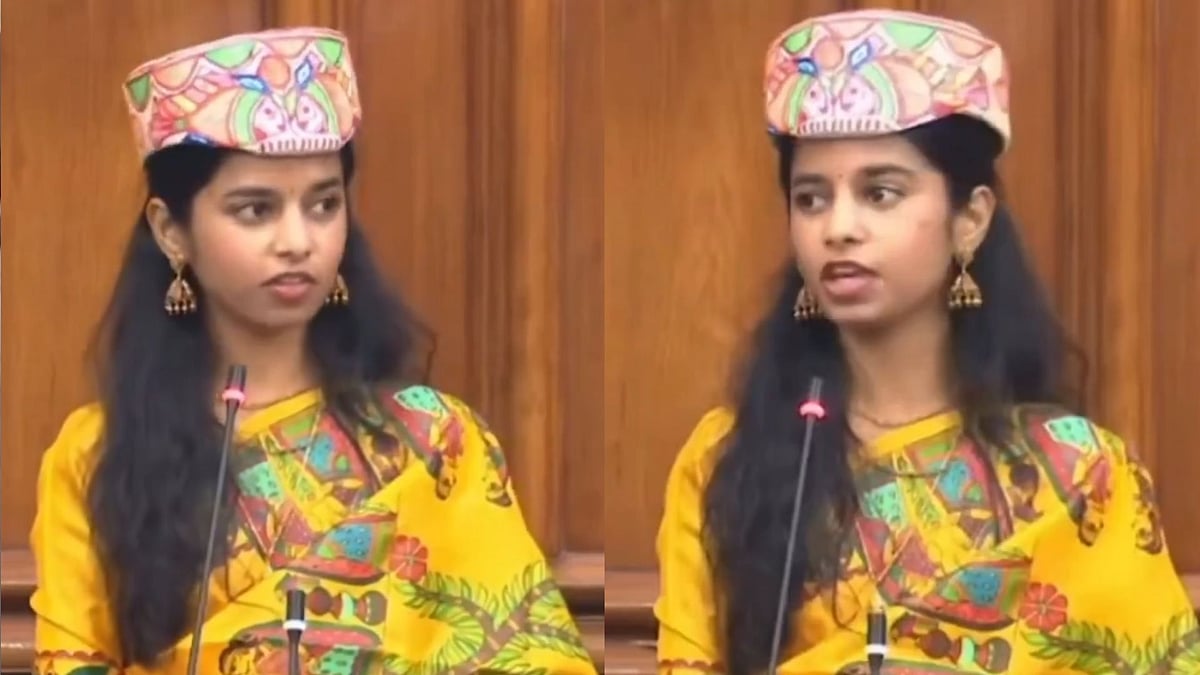The existence of various sexual identities have been surfacing a lot in the past decade. People have been acknowledging and understanding the depths of their relationships with themselves and the psychology along with it. Just like throuples and polyamory, a new identity has been unveiled called, 'Symbiosexuality'.
A recent study published by the Archives of Sexual Behavior at Seattle University in the US has discovered this interesting term and the theory.
What is Symbiosexuality?
The research has described this term as "attraction to the energy, multidimensionality, and power shared between people in relationships". In simpler words, it means an individual who identifies has Symbiosexual has an attraction towards an existing couple.
This study is different from how individuals ae attached to each other and get involved with one another for obvious reasons. Symbiosexuality is about being attracted to the chemistry of an established couple, emotionally, mentally and physically.
What more does the study say?
The study further explains that the synergy of the partnership is interesting and that they're attracted to being a part of it. So the dynamics goes like, they're in love with the love between the couple and want to immerse themselves in that love.
The author of this study, Sally W. Johnston explains how the phenomenon is a genuine desire to the 'whole' of the relationship. This unique attraction couple be described as "greater than the sum of its parts". This new form of relationship is usually given the title of 'Unicorn' in literature. They're often stigmatised in monotonous and non-monotonous relationships due to its nature.

Canva
Symbiosexuality has a negative connotation in non-monogamous communities that directs to an individual who only wants to get involved in the sexual part of the relationship and not the other aspects of it.
Is Symbiosexuality accepted by established couples?
According to Ms. Johnston, the third party in these relationships is mistreated, objectified, and shunned despite the sexual rewards. She did, however, note that a "diverse population of people" also feel symbiosexual attraction, which is an attraction to the power, energy, and multidimensionality that individuals in relationships share.

Canva
According to the Post, her research found that people who identify as Symbiosexual are often extroverted, desire lots of intimacy, care and attention, don't really experience jealousy. According to the study, some participants in the research who identified as queer and sexually open claimed that they were mostly drawn to other queer and non-heterosexual couples.
As her research continues to develop, Ms Johnston's study plans to study this dynamic relationship to find depth for better public understanding of evolving sexual identity about mental health and relationship satisfaction. She said, "I hope that this work will reduce stigma in both monogamous and non-monogamous communities and expand conceptualizations of desire in sexuality studies."










